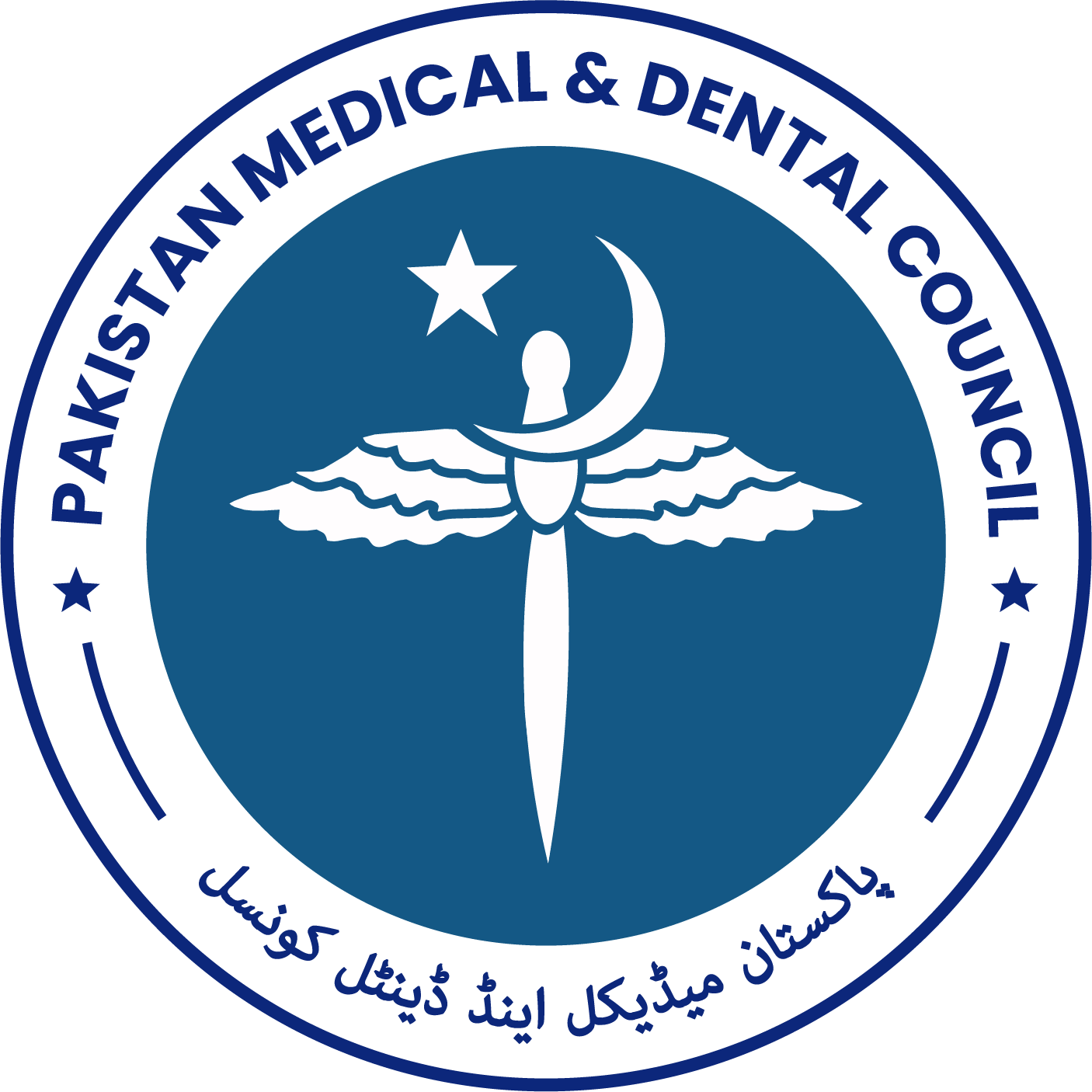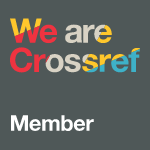Empowering Students towards Self-Directed Learning Using Multiple Choice Questions Construction as a Learning Tool in a Private Medical College: A Mixed Quantitative and Qualitative Study
Abstract
Objective: To determine the effectiveness of Multiple Choice Questions (MCQ) construction as a learning tool
for empowering the students towards self-directed learning.
Study Design: Mixed quantitative and qualitative study.
Place and Duration of Study: The study was carried out at Department of Obstetrics and Gynaecology, CMH
st th Lahore Medical College, from 1 April to 30 September 2019.
Materials and Methods: All students of final year MBBS were divided into two groups. After a pre-test (test 1)
of MCQs, they attended a workshop on construction of MCQs, followed by construction and vetting of MCQs by
students. The students took a test (test 2) based on those MCQs and evaluated it, followed by post-test (test 3)
08 weeks later to assess deep learning. Semi structured in-depth interviews of 10 randomly selected students
based on 10 open ended questions were conducted about their perceptions of learning. Quantitative data
analysis was performed using SPSS version 17. A thematic analysis was performed for the qualitative data.
Results: Comparison of pre and post-tests yielded a p value of 0.013, which is statistically significant.
Comparison of the mean results of tests 1 and 2 yielded a p value of 0.001, which is also statistically significant.
The qualitative component of the study revealed that use of MCQ construction to enhance self-directed
learning was highly appreciated by the students as a learning tool.
Conclusion: MCQ construction when used as a learning tool improved the self-directed learning of the
students. Experience of construction of MCQs enhanced the cognitive skills of the students while being highly
acceptable.
References
Swanwick T, McKimm J. ABC of clinical leadership. Chichester: Blackwell Publishing Limited; 2011.
Custers EJFM, Boshuizen HPA. Psychology of learning. In: Norman GR, van der Vleuten, CPM, Newble DI, editors. International handbook of research in medical education. Dordrecht: Kluwer Academic Publishers, 2002; p. 192.
Rehman R, Iqbal A, Syed S, Kamran A. Evaluation of integrated learning program of undergraduate medical
students. Pak J Physiol. 2011; 7: 37-41.
Khan JS, Biggs JSG, Tabassum S. Assessment in medical st education in the 21 century. J Ayub Med Coll Abbottabad. 2010; 22: 3-4.
Khan JS. Assessment driven integrated learning (ADIL): Assessment directed medical education (ADME)
curriculum. J Ayub Med Coll Abbottabad. 2010; 22: 205-9. 6. Song D. Student-generated questioning and quality
questions: a literature review. Res J Educ Stud Rev. 2016; 2: 58–70.
Palmer E, Devitt P. Constructing multiple choice questions as a method for learning. Ann Acad Med Singap. 2006; 35:604–8.
Yu FY, Wu CP. Student question-generation: the learning processes involved and their relationships with students' perceived value. J Res Edu Sci. 2012; 57: 135–62.
Olde Bekkink M, Donders AR, Kooloos JG, de Waal RMW, Ruiter DJ. Challenging students to formulate written
questions: a randomized controlled trial to assess learning effects. BMC Med Educ. 2015; 15: 56.
Andrade H, Du Y. Student responses to criteria-referenced self-Assessment. Assess Eval High Educ. 2007; 32: 159-81.
S t e p h a n i e G l e n . " A b o u t / C o n t a c t " F r o m StatisticsHowTo.com: Elementary Statistics for the rest of us! https://www.statisticshowto.com/contact/. [Accessed on May 30, 2019]
Grainger R, Dai W, Osborne E, Kenwright D. Medical students create multiple-choice questions in pathology
education: a pilot study. BMC Med Educ. 2018; 18: 201.
Denny P, Hanks B, Simon B. PeerWise: Replication study of a student collaborative self-testing web service in a U.S. setting. Proceedings of the 41st ACM Technical Symposium on Computer Science Education New York, NY: ACM. 2010; p. 421–5.
Denny P, Luxton-Reilly A, Simon B. Quality of student contributed questions using PeerWise, January. In: M.
Hamilton, T. Clear, editors. Eleventh Australasian Computing Education Conference (ACE 2009). Vol. 95 of
CRPIT Wellington, New Zealand: Australian Computer Society, 2009; p. 55–64.
Denny P, Luxton-Reilly A, Hamer J, Purchase H. Coverage of course topics in a student generated MCQ repository. ITiCSE'09: Proceedings of the 14th annual ACM SIGCSE conference on Innovation and technology in computer science education. New York: ACM, 2009; p. 11–15.
Hutchinson D, Wells J. An inquiry into the student generated MCQs as a method of assessment to improve teaching and learning. Creat Educ. 2013; 4: 117-25.
Stanton F, Grant J. Approaches to experiential learning, course delivery and validation in medicine. A background document. Med Educ. 1999; 33: 282-97.
Doyle E, Buckley P. The impact of co-creation: an analysis of the effectiveness of student authored multiple choice questions on achievement of learning outcomes. Interactive Learning Environments. 2020: 1-0.
Sibomana I, Karenzie ID, Niyongombwa I, Byiringiro JC, Gashegu J, Faustin N. Use of Student-generated Multiple Choice Questions to Enhance Team-based Learning of Anatomy at the University of Rwanda. Adv Med Educ Pract. 2020; 11: 825-32.
Shakurnia A, Aslami M, Bijanzadeh M . The effect of question generation activity on students' learning and
perception. J Adv Med Educ Prof. 2018; 6: 70-7. 21. Kurtz JB, Lourie MA, Holman EE, Grob KL. Creating
assessments as an active learning strategy: what are students' perceptions? A mixed methods study. Med Educ
Online. 2019; 4: 1630239.
Topping K. Peer assessment between students in colleges and universities. Rev Educ Res. 1998; 68: 249-76.
Hanrahan SJ, Isaacs G. Assessing self- and peer-assessment- The students' views. High Educ Res Dev. 2001; 1: 53-70.
Race P, Brown S, Smith B. 500 Tips on Assessment. 2nd ed. London: Routledge-Falmer; 2005. 25. Palmer E, Devitt P. Constructing multiple choice questions as a method for learning. Ann Acad Med Singap. 2006; 35:
-8.















